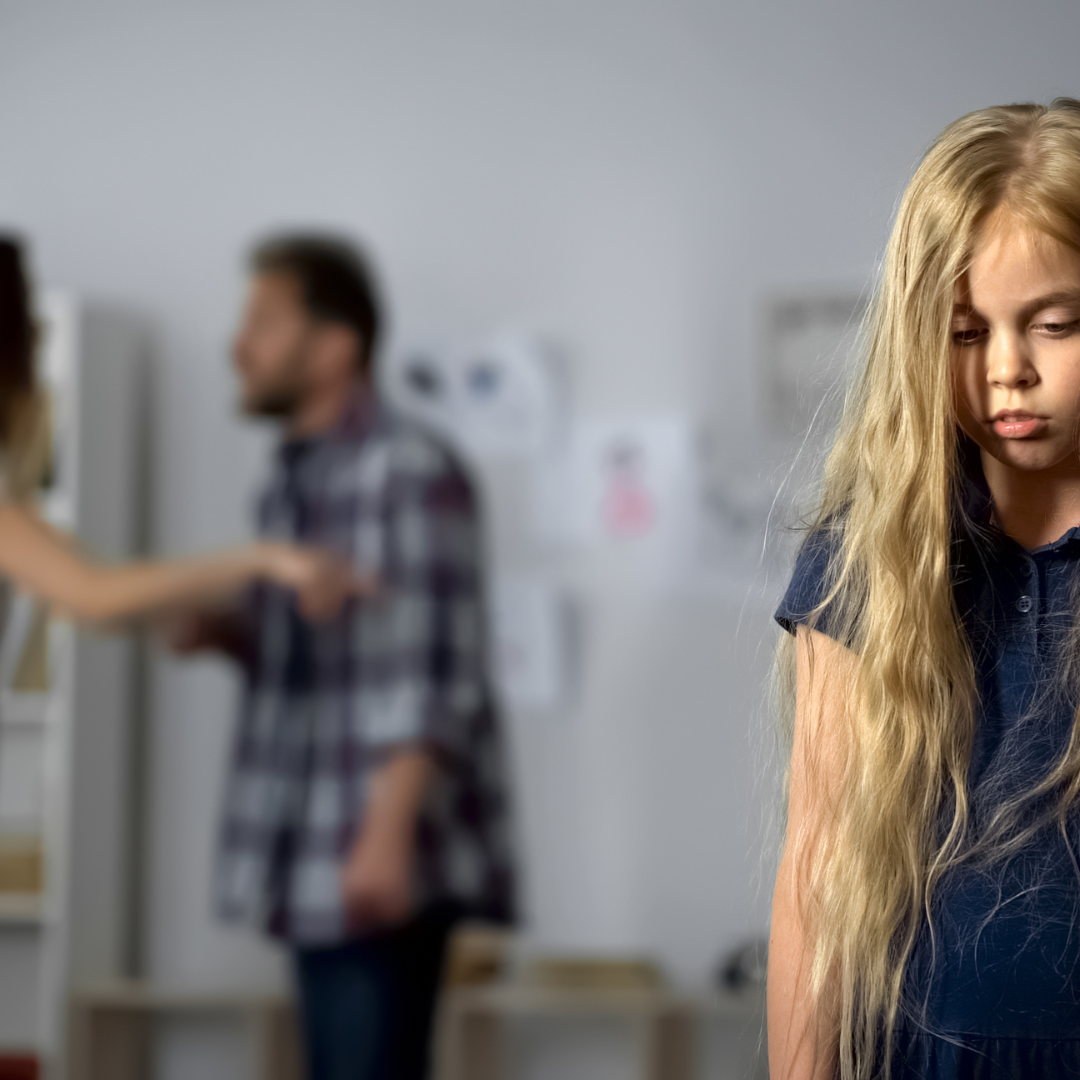Trauma can occur when we experience events that are very stressful, frightening, or distressing, and are difficult to cope with or out of our control. It effects people in different ways, and the way in which we are able to cope is very much dependent on our circumstances, and our internal and external support systems.
We often think of trauma in a highly individualised way, failing to recognise the systemic nature many forms of trauma can take, and the ways in which systemic failings can impact on an individual’s or community’s ability to navigate traumatic experiences.
As educators, we are likely to work with many children and young people who have experienced various different forms of trauma; as such, it's vital that we know and understand what to look out for, and supporting strategies we can put in place for our students.

Trauma Informed Education allows us to support children who have experienced trauma through our everyday processes, actions, planning, and relationship building.
Since trauma impacts different people in different ways, we may not even be aware that a child we’re working with has experienced a traumatic event. As educators, it is not our place to try to diagnose a child, or assume we know what a child has or has not experienced. Instead, we should make ourselves aware of behavioural indicators that a child may be struggling and know how best we can support them.
We should also be aware of systemic issues that the children we’re working with might be facing: poverty, racism and experiencing childhood ACEs can all cause trauma, therefore it is incumbent on us to know the context in which we’re working and seek to implement strategies that can help to mitigate some of the effects of these systemic issues.
We know that experiencing trauma can cause developmental delays in the brain. We learn from our experiences so it stands to reasons that a child who has experienced trauma may be more fearful, or have specific situations, sounds, or experiences that trigger a fear response from them. This will manifest in their behaviour, which is why it’s so important that we take the time to know and understand why a child is acting out or behaving in particular ways.
Trying to get to the root cause of behaviour allows us to put in systems of support that can help the child, rather than just sanctioning them for something that is largely out of their control. Whilst it’s true that we must teach responsibility and accountability, when a behavioural response is based in trauma we need to offer support, not sanctions, to the child in order for them to be able to take accountability.
Since trauma impacts the development of the brain, addressing it and taking a trauma informed approach to our teaching will also support the academic outcomes of our students. A child who is stuck in fight or flight mode, who is hypervigilant and always on guard, will inevitably struggle to maintain their focus and put all their energies into their learning.
By taking the time to build trusting relationships with our students, and putting in place trauma informed practices and systems that support all students, we will enable our students to make the most of both their academic, and their social and emotional education.

Prospero Learning’s
Trauma Informed Approached in Education course delves into what trauma is, how it impacts us, and how we can support those who have experienced it.
It provides insights into the different types of trauma, how these may manifest in an education setting, and provides concrete strategies that can be put in place not only in the classroom but across your educational setting.



